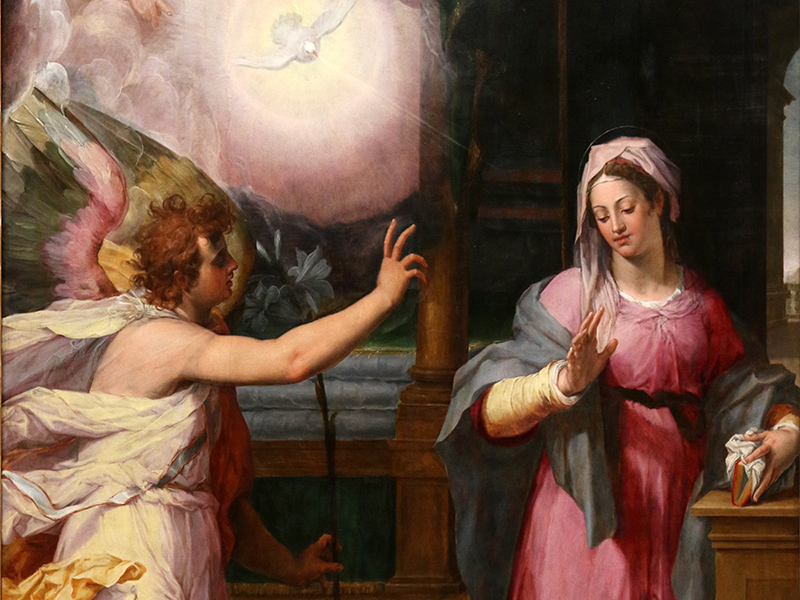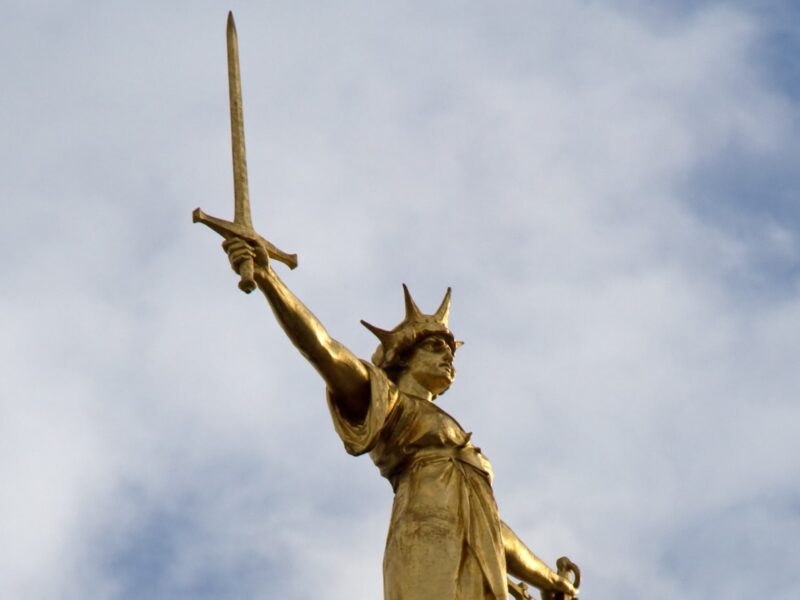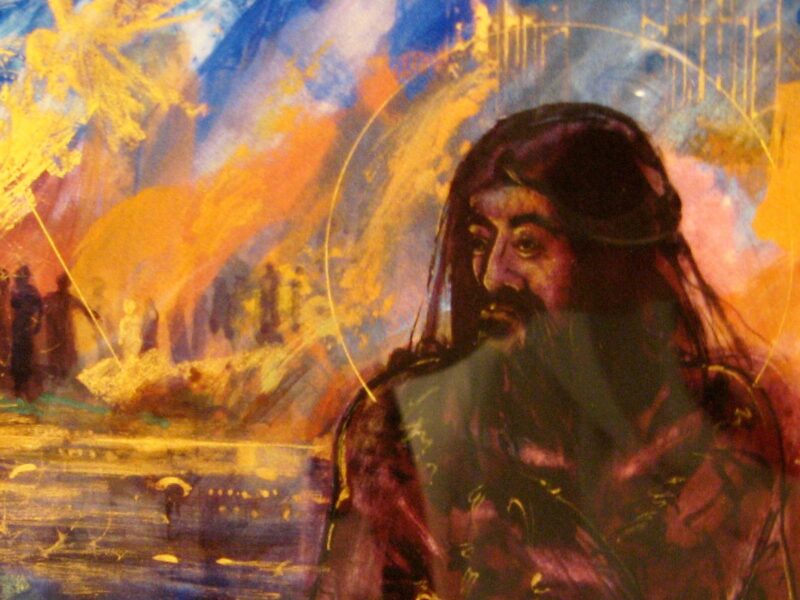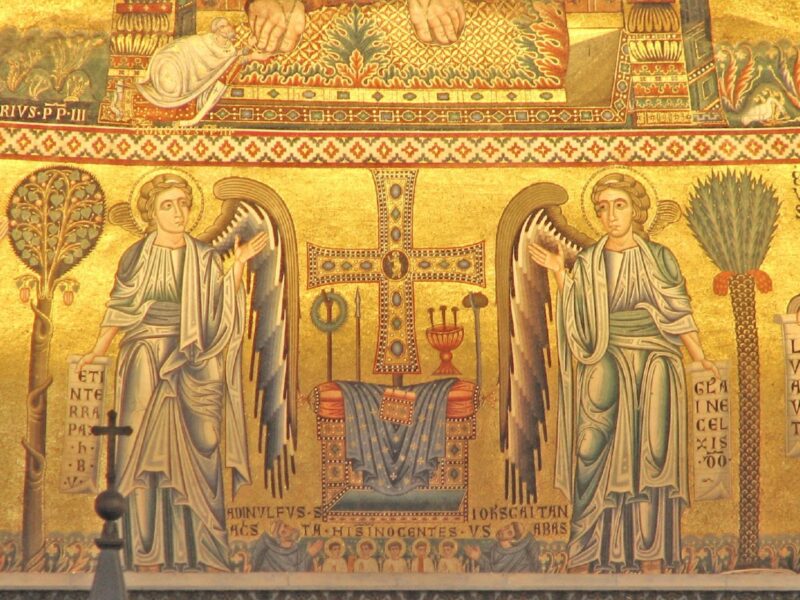
A Dwelling Place Fit for God
Fourth Sunday of Advent. fr Martin relfects on how we are made living temples of God.
The angel Gabriel’s words to Mary in the gospel recall for us the words of Nathan to David in reading from Samuel. They tell us that in the birth of Christ we find the fulfilment of the promises of God to David: to establish a house for him and to give him descendants who will rule and bring peace for Israel. They tell us, moreover, about how God is present and about what kind of house God wishes to dwell in. Furthermore they tell us about who we are as members of the body of Christ: that we also are the heirs to those promises, with the responsibilities and obligations that go with this, but also the joy and richness of life that are on offer to us.
In the passage from Samuel there is a play on the idea of house: as dynasty and as dwelling. David’s concern is to provide a suitable house for God, a temple whose grandeur matches the palace of the king, a dwelling- place fit for God. This is not pure altruism on David’s part, for if there is a permanent dwelling place of God in Jerusalem there is also the hope that God will be permanently with the people and guarantee them peace and security. God’s words to David through Nathan shift that hope onto the house of his descendants, onto the guarantee that he will have sons who will reign in his place and through whom God will bring about peace and security for His people. There can be no building which is a fit dwelling for the creator of the heavens and the earth nor would such a building in itself automatically guarantee his presence among His people.
Such promises were, however, not without obligations. The descendants of David were to be faithful to God and to his covenant and law. That there would be an heir to the throne of David was guaranteed; that any heir would bring peace and security was not. The history of David’s descendants was one which the Old Testament depicts as on the whole a tragic realisation of the freedom not to be faithful and of the realisation of the consequences of that freedom, leading to the break-up of Israel, the conquest of Israel and the exile of the people. There would be a house for God in Jerusalem, indeed a number, but such houses were no guarantee that God would be present no matter what the people did. Yet the promises of God to David were never revoked. There was always the possibility of return, a possibility and indeed a surety we heard made manifest in the words of Isaiah and in the appearance of John the Baptist with which we began Advent.
And in the Gabriel’s words to Mary this promise to David is indeed renewed. Her son will be the heir to the throne of David, the one through whom the welfare of God’s people is secured. Yet Jesus is also the final answer to David’s concern to build God a house fit for Him to dwell in. In His person Jesus is the house of God, the human heir of David in whom God dwells, the one who is God present on earth, God with us, Immanuel. All the hopes for a house of God which would guarantee the welfare and protection of the people are realised in the presence of God in Christ.
These promises and the fulfilment of these promises continue to be manifested in the Church, in us who are the sons and daughters of God, the heirs of David by adoption. This is where the ancient model of the Church as the mystical body of Christ remains so important and powerful a way for us to understand who we are as members of the Church. We are the visible and bodily manifestation of the presence of Christ, the temples of the Holy Spirit, as Paul puts it in the first letter to the Corinthians. The house desired by God and fit for Him to dwell in is not the building in which we worship, but the community in which the body of the Son is present and manifest, the body of Christ constituted by the faith and sacraments of the Church.
Yet there remains nothing automatic about the presence of God. There remains the freedom and reality that we can sometimes not realise what it means to be the living temple of God and that we can lose the divine presence as an active powerful force in our lives. So, as we end this Advent season, let us be renewed in our commitment to making Christ manifest in our bodily community and renewed in our joy that in freedom God offers to us always the life which his presence brings about, if we wish for Christ to be born again in our hearts and minds, in the houses of our bodies and lives.
Readings: 2 Samuel 7:1-5,8-12,14,16 | Romans 16:25-27 | Luke 1:26-38


